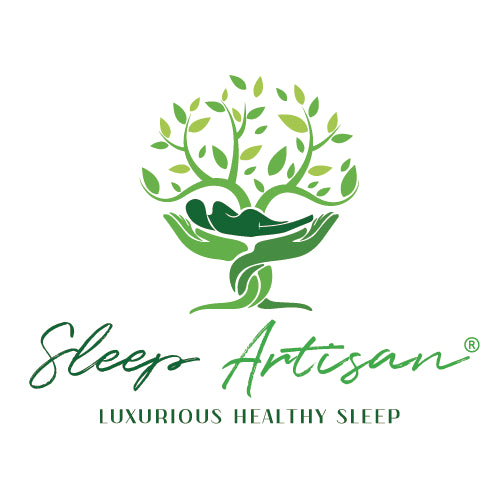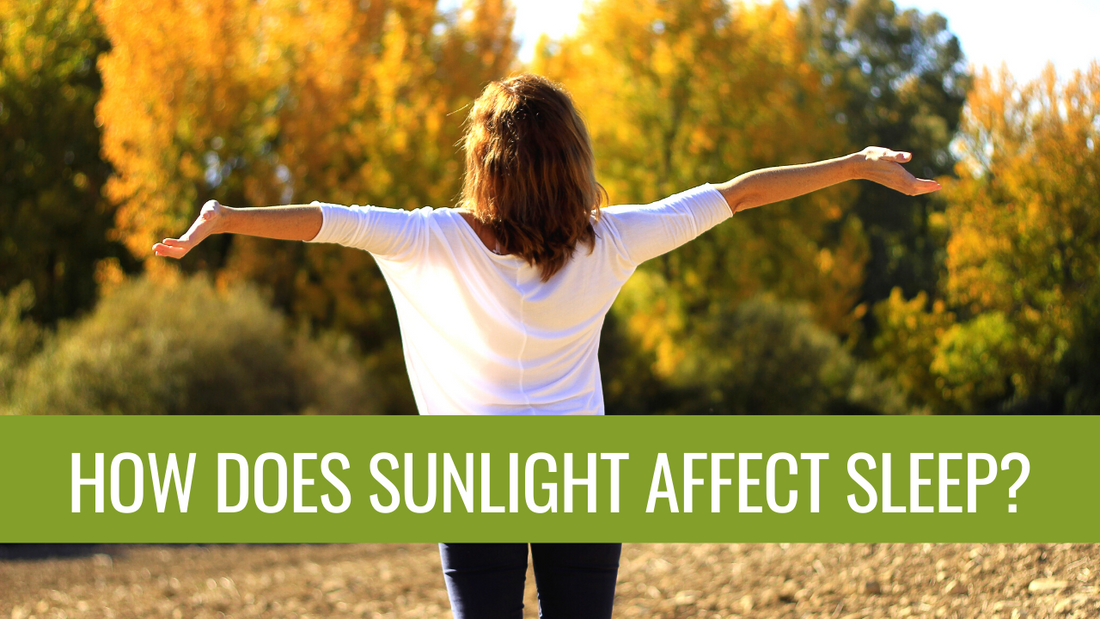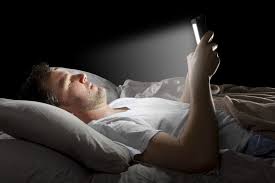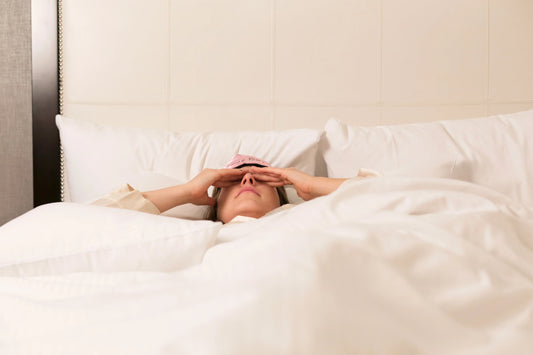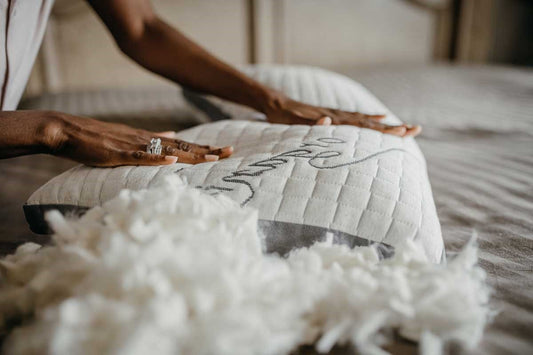In our modern world, sleep issues are on the rise, often driven by artificial light, screen time, and a disrupted natural sleep-wake cycle. But one of the simplest and most effective solutions is right outside your door: sunlight. The connection between sunlight and sleep is well-established, and even neuroscientists like Dr. Andrew Huberman emphasize the importance of natural light exposure for optimal sleep and overall health.
The Science Behind Sunlight and Sleep
Sunlight plays a vital role in regulating your circadian rhythm, the internal clock that controls your sleep-wake cycle. Here’s how it works:
-
Regulation of Melatonin Production: Melatonin, the hormone responsible for making you feel sleepy, is regulated by light exposure. During the day, sunlight signals your brain to halt melatonin production, helping you stay awake and alert. As the day turns to night and light levels decrease, melatonin production ramps up, preparing your body for sleep. Consistent exposure to natural light during the day helps maintain this cycle, making it easier to fall asleep and wake up at regular times.
-
Boosting Mood and Energy Levels: Sunlight triggers the production of serotonin, a hormone that boosts mood and increases alertness. Higher serotonin levels during the day contribute to a more balanced circadian rhythm, which in turn promotes better sleep quality.
-
Improving Sleep Quality: Regular sunlight exposure, particularly in the morning, helps stabilize your sleep schedule. This can reduce the time it takes to fall asleep, increase the amount of deep sleep you get, and make your overall sleep more restful.
-
Reducing the Risk of Sleep Disorders: A lack of exposure to natural light, especially in the morning, can disrupt your circadian rhythm and increase the risk of sleep disorders such as insomnia. This is particularly relevant for those who spend most of their time indoors.
-
Timing Matters: Morning sunlight is especially beneficial because it helps set your internal clock early in the day, aligning you with the natural light-dark cycle. Aim for 20-30 minutes of morning sunlight to reap the benefits.
Dr. Andrew Huberman’s Perspective on Sunlight and Sleep
Dr. Andrew Huberman, a renowned neuroscientist and professor at Stanford University, is a strong advocate for the role of sunlight in regulating sleep and optimizing overall health. According to Dr. Huberman, getting natural sunlight, particularly in the morning, is one of the most powerful ways to synchronize your circadian rhythm and improve sleep quality.
Dr. Huberman emphasizes that morning sunlight exposure, ideally within the first hour of waking, helps anchor your internal clock. This practice not only enhances sleep quality but also boosts mood, energy levels, and cognitive function throughout the day. He also advises reducing exposure to artificial light, especially in the evening, to avoid disrupting melatonin production and sleep onset.

Practical Tips to Maximize Sunlight Exposure for Better Sleep
-
Get Morning Sunlight: Make it a daily habit to spend 20-30 minutes outside each morning. Whether you’re taking a walk, exercising, or simply enjoying your coffee outdoors, this morning sunlight will help set your circadian rhythm and improve your sleep.
-
Maximize Daytime Light: Keep your living and working spaces well-lit during the day, especially with natural light. This helps maintain your alertness and supports your sleep-wake cycle.
-
Limit Blue Light at Night: In the evening, reduce exposure to screens and artificial lighting, as they can interfere with melatonin production and disrupt your sleep.
Conclusion
Harnessing the power of sunlight is a simple yet effective way to improve your sleep quality. Whether you’re guided by the latest scientific research or insights from experts like Dr. Andrew Huberman, making sunlight a part of your daily routine is a natural step toward better sleep and overall well-being. This Labor Day weekend, take some time to step outside, soak in the sunlight, and set yourself up for restful nights ahead.
